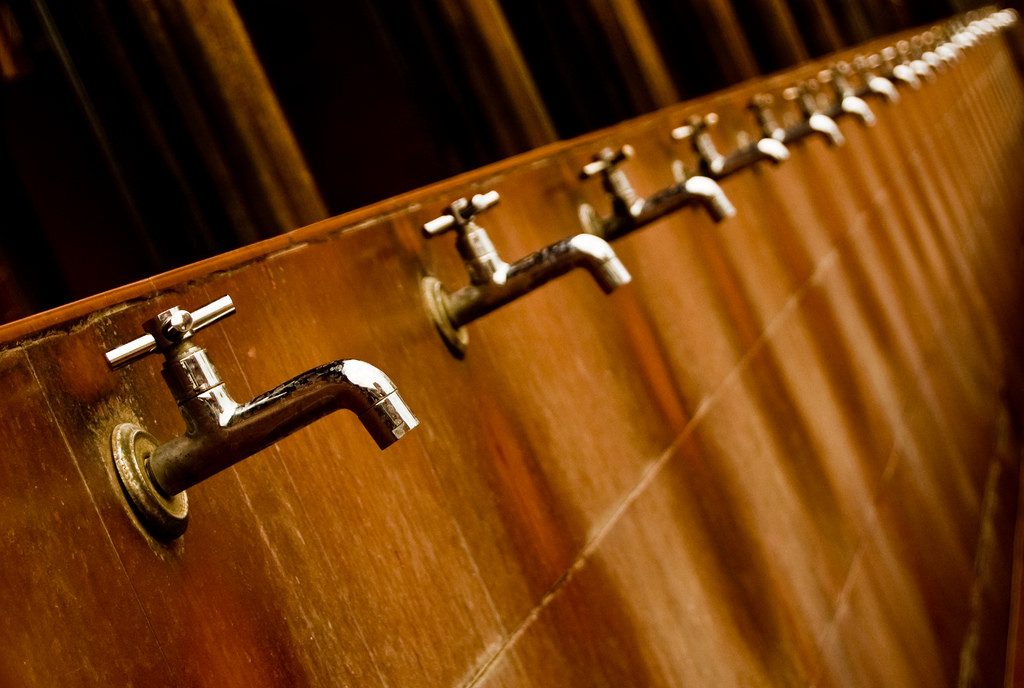Santosh Kumar Mohapatra
Recently, Rahul Gandhi vowed to implement Nyunatam Aay Yojana (NYAY) if voted to power. He asserted it would be the final assault on poverty. The proposal has triggered a big debate. Some have predicted it will meet the same fate as Modi’s promise to transfer Rs 15 lakh to every bank account. The BJP said the plan was unaffordable and was akin to promising the Moon. Niti Aayog Vice-Chairman Rajiv Kumar said it will create strong incentives against work and bust fiscal discipline.
However, former finance minister P Chidambaram said a scheme of such scale, can be implemented only today given the size of India’s economy.
Rahul said his party had consulted “big economists”, including former RBI Governor Raghuram Rajan, before coming with the idea of NYAY. Raghuram also said the scheme is doable and that his advice was taken. By contrast, Professor Jayati Ghosh thought the scheme can trigger social tension and was difficult to implement.
The congress party plans to take the help of NSSO and CSO to identify beneficiaries. However, it is very difficult to determine household incomes, especially in a society in which about half the workforce is self-employed and a large number are employed in the informal sector. Incomes change from year to year and month to month. So, household income that may fall below Rs12,000 in one year may move above the line the next. Choosing beneficiaries involves mammoth problems of unwarranted inclusion and unjustified exclusion and unnecessary political intervention.
Many think the NYAY scheme is not financially viable as it requires Rs3.6 lakh crore per year, which is 13 per cent of the budgetary expenditure in 2019-20. Various poverty eradication schemes that exist come to about Rs 3.4 lakh crore; if NYAY scheme is also implemented, it may cost the exchequer about Rs 7 lakh crore. However, at no point will the total burden exceed 1.8 per cent of GDP.
In reality, resource shortage is not the real problem; the inability of the government to tax the rich at higher rate and curb tax evasion is. Huge sums of NPAs are being written off as tax forgone every year. India’s tax-to-GDP ratio at 16.6 per cent is well below the emerging market economies (EME) and OECD averages of about 21 per cent and 34 per cent respectively. If the government can raise tax-GDP ratio to international level, not only can this scheme be implemented, education and health facilities can also be provided for less. The best way to do this is to implement progressive taxes on income and wealth, and by reintroducing inheritance tax.
The combined revenue and capital expenditure of the Centre and all states for medical, public health, sanitation and water supply is Rs 2,08,166 crore — which is less than the wealth of country’s richest man Mukesh Ambani at Rs 2.8 lakh crore. While 1 per cent Indians holds 51.53 per cent of the nation’s wealth, only 9 billionaires own 50 per cent of wealth globally. Hence, the World Inequality Lap, a Paris based organisation, has suggested that the wealthy be taxed, which not only raises resources but can reduce inequality. Under simple assumptions, a 2 per cent tax on total wealth on households owning more than Rs 2.5 crore of wealth (that is the top 0.1 per cent of households), would yield Rs2.3 lakh crore, which is 1.1 per cent of GDP.
However, income support schemes may lead to inflationary spiral as had happened in Iraq when supply constraints were not addressed properly. However, in Kenya, direct transfers reduced levels of stress hormone cortisol in people, while cash transfers in Indonesia reduced suicide rates. However, the first priority should be make health education affordable by enhancing expenditure. Recently, owing to the decline in expenditure on health and education, Nobel laureate Amartya Sen had stated that India was limping backward. Except for old people, the disabled and widows, no income support should be delinked from labour, study, job creation or assets creation.
The writer is an Odisha-based economist. e-Mail: skmohapatra67@gmail.com.
